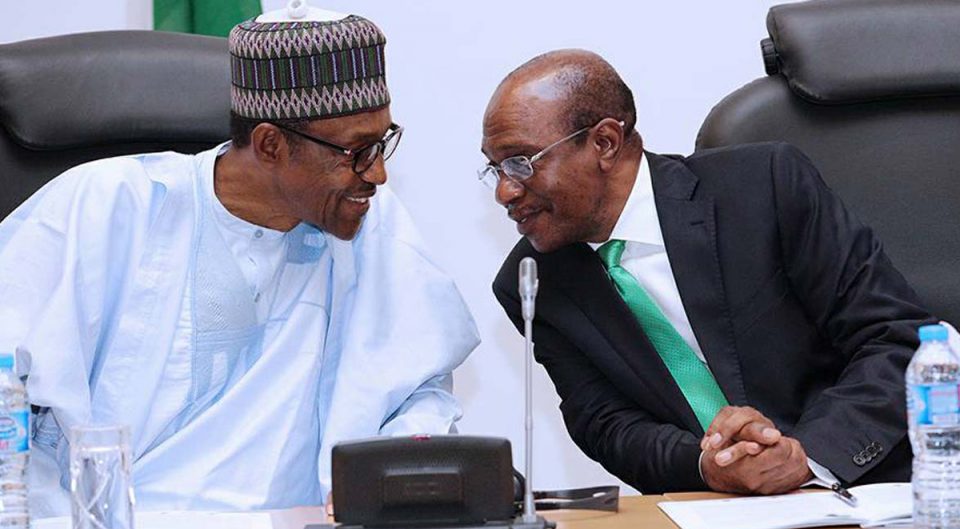Experts caution against interest rate benchmark at 18%
A financial expert, Dr Tunde Adeoye, says increasing Monetary Policy Rate(MPR) from 17.5 per cent to 18 per cent by Monetary Policy Committee (MPC) of Central Bank of Nigeria (CBN) can lead to a prolonged downturn in economic activities.
Adeoye, who is also a Senior Lecturer at the Department of Economics, University of Lagos, said this in an interview on Tuesday in Ota, Ogun.
He stressed that the MPC had already tightening the MPR beyond measures through its Naira redesign and cash swap policy.
Adeoye said that the development had already mopped up enough money in the circulation and led to a situation where people could not easily have access to their money.
The CBN Governor, Mr Godwin Emefiele, on Tuesday in Abuja, after a two-day MPC Meeting, announced the increase of MPR from 17.5 per cent to 18 per cent.
The other key instruments which include Cash Reserves Ratio (CRR) at 32.5 per cent and Liquidity Ratio at 30 per cent were retained, respectively.
This is the sixth time the CBN increased the interest rate in spite of the advice from manufacturers and some key stakeholders.
The MPR is the baseline interest rate in an economy that every other interest rate is built on it.
“One of the implications of continuous tightening of the MPR, otherwise known as benchmark interest rate, is that people would not have money for investment.
“In addition, more people are likely to lose their jobs, fall in people’s income and result to economic depression,” Adeoye said.
According to him, the MPC could have embarked on an ‘ease policy’ than further tightened the economy which was already hitting up.
Dr Samuel Nzekwe, a former President, Association of National Accountants of Nigeria (ANAN), said that increasing the MPR would limit the number of people coming to the banks for loans.
Nzekwe said that this would made the cost of borrowing higher and restrict borrowing.
“The MPC should have waited for the economy to stabilise before thinking of increasing the MPR in their next meeting,” he said.
The Ex-ANAN president noted that people had not been doing any business transactions since January due to the lack of cash in the circulation.




